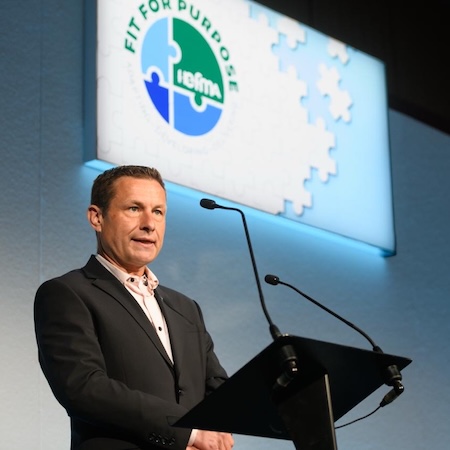Experts at the Institute for Fiscal Studies (IFS) have highlighted the tough choices for government ahead of the Spending Review on June 11. Given the recent commitments on defence spending, and the implication in the March Spring Statement that any real-terms increases in capital funding would go to defence, experts are warning that any increases in capital funding for other departments will require a funding cut elsewhere.
Healthcare spend is also central to the day-to-day funding of public services. IFS analysts point out that increasing health funding at close to the historical average rate will require cuts to the budgets of other departments, but failing to do this could mean the government is not able to meet its ambitions to improve hospital waiting times and service performance.
Bee Boileau, a Research Economist at IFS and an author of the comment, says: “At the Spending Review, the government faces some unavoidably tough choices, particularly as after turning on the spending taps last autumn, the flow of additional funding is now set to slow to more of a trickle. Take capital spending: government investment is set to be sustained at historically high levels in the coming years, but most of the increase happened last year and this year, and it looks as if all of the remaining increase in funding over this parliament has already been allocated to defence. Simultaneously prioritising additional investments in public services, net zero and growth-friendly areas within this envelope will be impossible. Decisions here, and elsewhere at the Spending Review, will give us a clear sense of the government’s true priorities.”
The case for capital
Responding to the IFS comment that sets out four key decisions to be made at the Spending Review, Rory Deighton, Acute Director of the NHS Confederation, says:
“The most important decision the Spending Review will make for the NHS funding settlement is on raising capital investment. NHS leaders have told us that this is a top priority and crucial for improving NHS performance, boosting productivity and reducing hospital waiting lists.
"Decades of underinvestment have left the NHS with a £14bn backlog to maintain existing estate and not enough resources to invest in the facilitates, equipment and technology of the future. To tackle waiting lists and build a twenty-first century health service at least £3.3 billion of extra investment is needed in each year of the Spending Review period. This should in part be funded by greenlighting a new model of private investment, which learns from our own experience and those of other countries around the world.”
NHS Confederation also cautions that cuts to other areas of public sending to protect health funding can also result in higher costs in the long term, as health is shaped by factors such as education, employment and housing. “In recent years, real terms cuts to local government funding for public health, social care and housing investment have pushed up demand for healthcare and worsened NHS finances and waiting times,” Rory adds. “A mission-driven Spending Review needs to consider all these factors if the government wants the NHS back on its feet."











